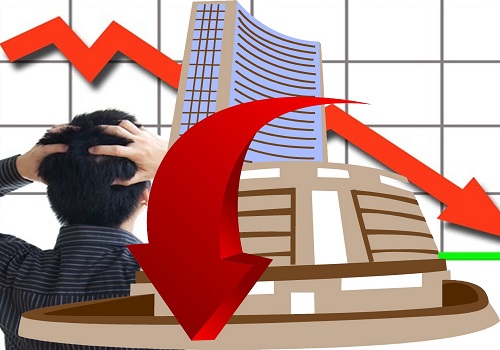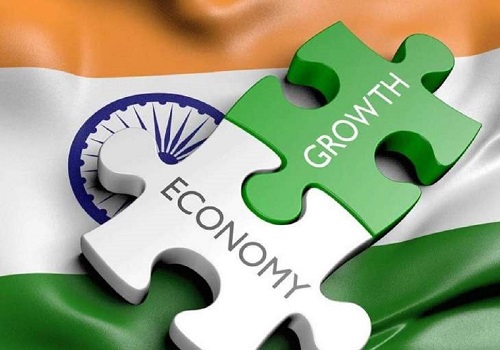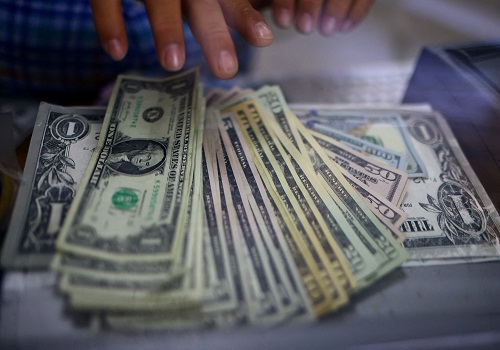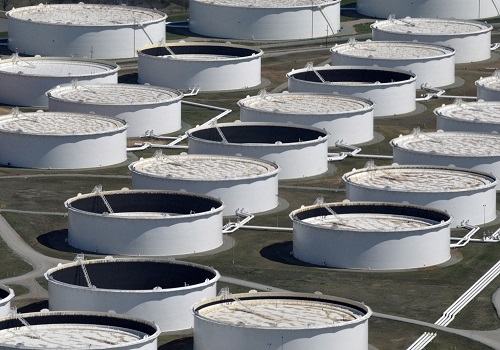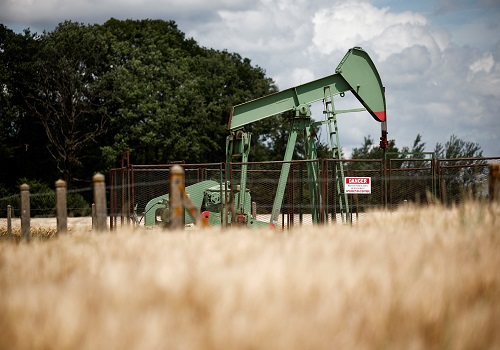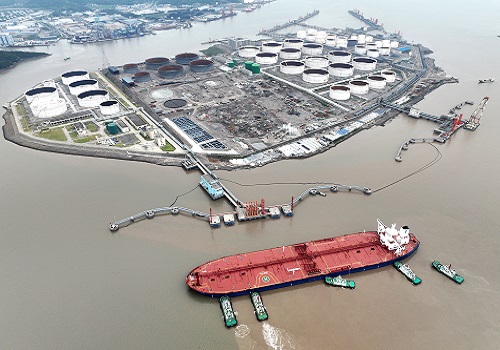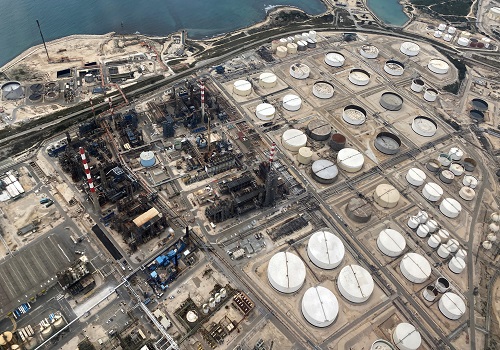Oil prices steady as China demand fears offset tighter supply forecasts
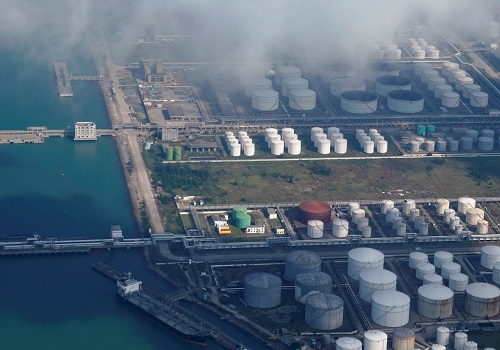
Oil prices moved little in early Asian trade on Thursday as the prospect of tighter supply with output cuts from Saudi Arabia and Russia and a bigger-than-expected drop in U.S. crude stocks were offset by worries over a sluggish demand recovery in China.
Brent crude futures was down 2 cents to $76.63 a barrel by 0038 GMT after settling up 0.5% the previous day.
U.S. West Texas Intermediate crude was at $71.90 a barrel, up 11 cents, or 0.2%, after closing 2.9% higher in post-holiday trade on Wednesday to catch up with Brent's gains earlier in the week.
"Saudi's supply curb announcement and expectations for a possible further reduction are supporting oil prices," said Tatsufumi Okoshi, senior economist at Nomura Securities, adding a bigger-than-expected drop in U.S. crude stocks also supported sentiment.
"Still, the upside looks to be limited due to uncertainty over the pace of China's economic growth and fuel demand recovery," he said, predicting WTI would remain in a range of $65 to $75 a barrel going forward.
U.S. crude stocks fell by about 4.4 million barrels in the week ended June 30, while gasoline and distillate inventories rose, according to market sources citing American Petroleum Institute figures. Analysts had expected a drop in crude inventories of about 1 million barrels in a Reuters poll.
Government data on U.S. inventories is due at 11:00 a.m. EDT (1500 GMT) on Thursday.
On Wednesday, Saudi energy minister Prince Abdulaziz bin Salman said that Russia-Saudi oil cooperation is still going strong as part of the OPEC+ alliance, which will do "whatever necessary" to support the market.
Oil prices traded at around their two-week highs, but are down 10% so far this year largely because of demand concerns over China's slow economic recovery after the lifting of pandemic restrictions, on top of global macroeconomic headwinds and interest rate hikes by central banks.
Further weighing on the demand outlook, China's services activity expanded at the slowest pace in five months in June, a private-sector survey showed on Wednesday, as weakening demand weighed on post-pandemic recovery momentum.













